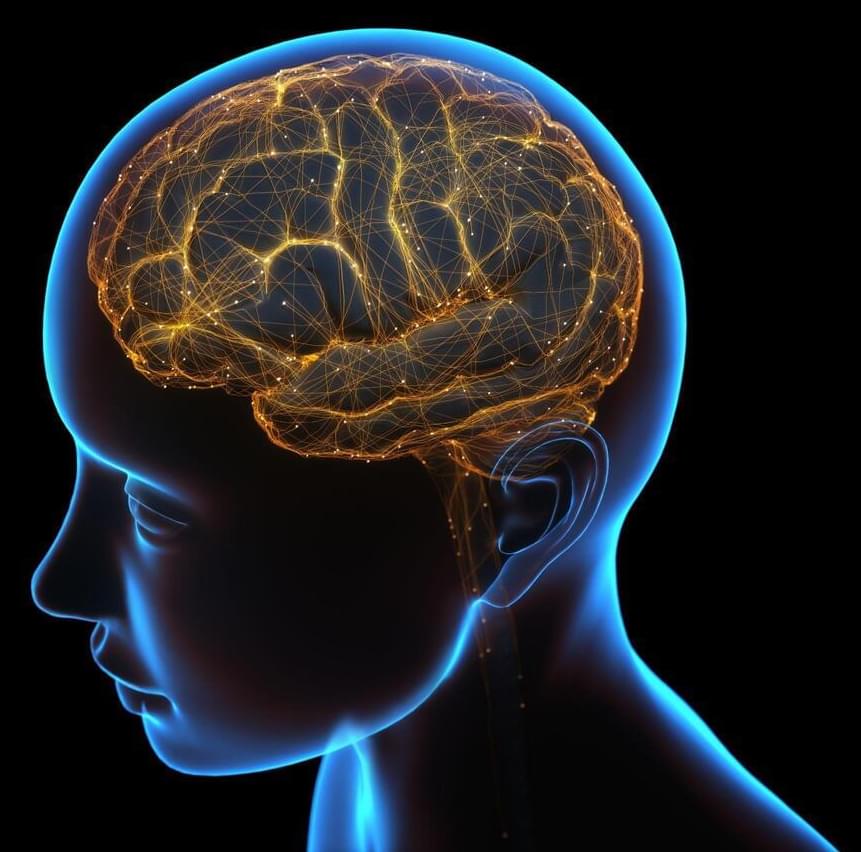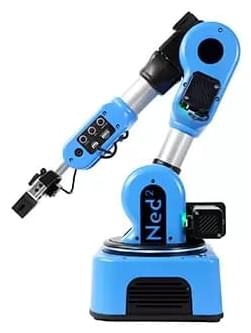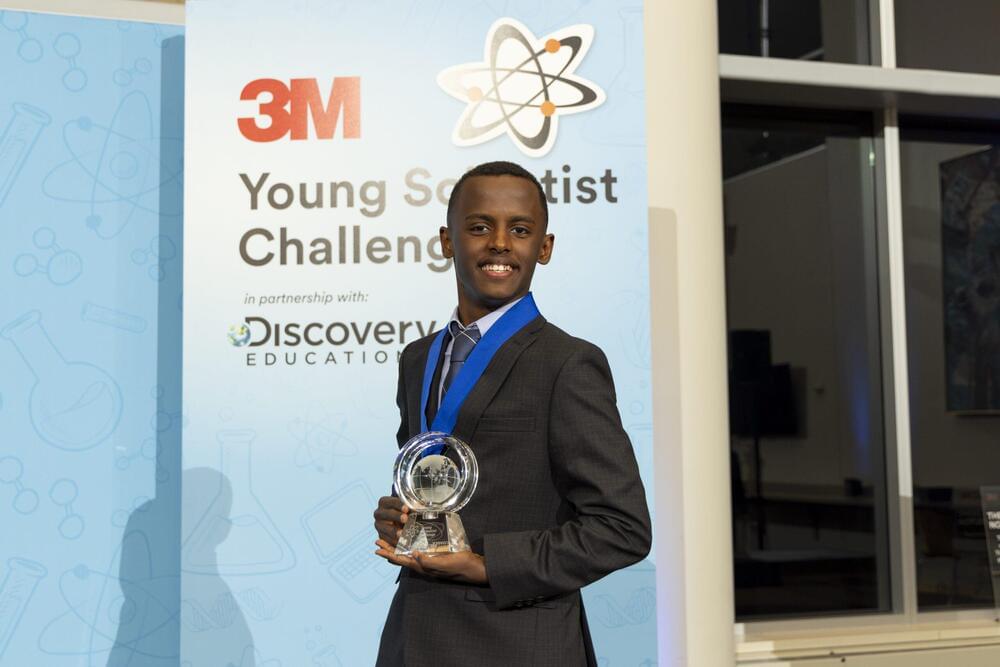Imagine having telepathic conversations with loved ones, instantaneously accessing superhuman computational power, playing back memories and dreams, or immersing yourself and every sense you possess into a virtual entertainment experience. In the distant future, if brain-computer interfaces (BCIs) are successful at reading and writing information to the brain, and if humans adapt to the technology, we could experience some pretty amazing scenarios. But, there are many outstanding questions for how we could ensure a bright future: Who will own the data generated by our brains? Will brain data be bought and sold by data brokers like other personal information today? Will people be forced to use certain BCIs that surveil their brain activity (for example, to make sure you’re paying attention at work and school)? Will BCIs put peoples’ brains at risk of being hacked? As with all new technology, more of these philosophical questions will need to be investigated and answered before there is widespread adoption and use of BCIs in the future.
Page-utils class= article-utils—vertical hide-for-print data-js-target= page-utils data-id= tag: blogs.harvardbusiness.org, 2007/03/31:999.274997 data-title= Are You Ready for Tech That Connects to Your Brain? data-url=/2020/09/are-you-ready-for-tech-that-connects-to-your-brain data-topic= Technology and analytics data-authors= Lauren Golembiewski data-content-type= Digital Article data-content-image=/resources/images/article_assets/2020/09/Sep20_28_3191098-383x215.jpg data-summary=
Who owns that data?







